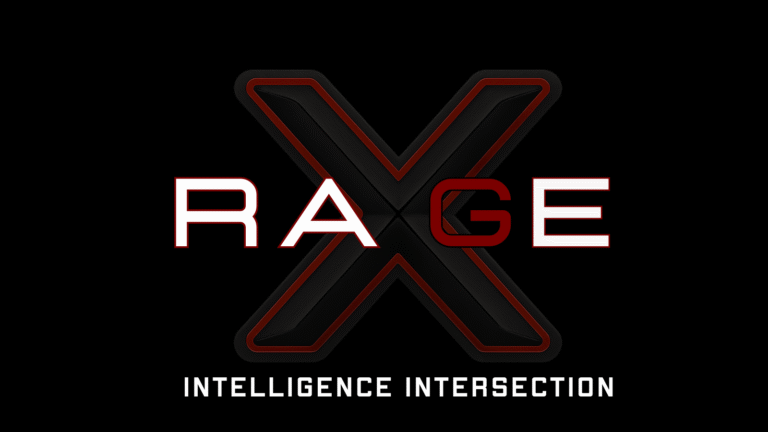The fragile Gaza peace process has hit its first significant and grim obstacle, with the second phase of the agreement now on hold as Hamas struggles to locate and return the remains of at least twenty deceased Israeli hostages. The delay casts a pall over the diplomatic triumph of the past 48 hours and highlights the chaotic and complex realities on the ground in the war-torn Strip.
On Tuesday night, Hamas handed over four caskets to the International Committee of the Red Cross (ICRC) in the northern Gaza Strip. The caskets allegedly contain the remains of four hostages who were killed at some point during or after the October 7, 2023 attacks. This follows a similar transfer of four other bodies the previous day.
While these transfers represent progress, they fall far short of the requirements to move the peace plan forward. According to the terms of the U.S.-brokered deal, the return of the remains of all deceased hostages is a precondition for the initiation of “Phase Two,” which includes the large-scale release of Palestinian prisoners, the formal establishment of a new technocratic government for Gaza, and the beginning of major reconstruction efforts.
With at least twenty other bodies still unaccounted for, the entire process is now stalled.
According to Palestinian sources and officials familiar with the situation, the delay is not necessarily a deliberate act of obstruction by Hamas, but a reflection of a grim logistical nightmare. It is possible that the group’s leadership does not currently know the precise location of all the deceased.
Over two years of intense conflict, hostages may have been moved multiple times, held by different factions under Hamas’s umbrella (like Palestinian Islamic Jihad), or died in locations that were subsequently destroyed in airstrikes, making recovery exceptionally difficult. The collapse of command and control in certain areas during the Israeli ground offensive further complicates the search.
This unforeseen challenge puts immense pressure on mediators from the U.S., Egypt, and Qatar. The successful release of the 20 living hostages on Monday created a powerful wave of optimism and momentum. The world celebrated the signing of the guarantor deal in Sharm El-Sheikh, hailing it as a “historic dawn.” However, that dawn is now clouded by the painstaking and uncertain process of accounting for the dead.
Both Israeli and American officials are understood to be pushing for the process to be expedited, but they are also confronting the possibility that a swift resolution is simply not feasible. The peace deal, while historic, is now hostage to the chaos of the very war it was designed to end.

